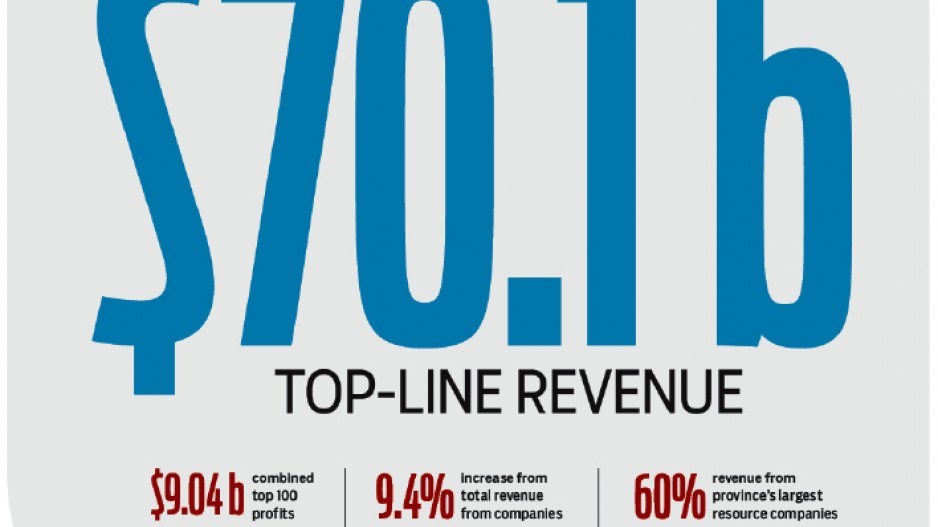Fears are growing over a crisis for capital for B.C.’s public companies as market volatility and growing global economic uncertainty persist.
“Right now, some are contemplating whether they should curtail their drilling programs or whether they should even bother with them, because as soon as the money’s spent, they’re going to face an even more dire situation.”
This year, market volatility has remained high on both of Canada’s main stock exchanges. To date, there have been at least 35 days on the TSX that have seen triple-digit point changes by the close of the trading day. The TSX-Venture Exchange has seen nearly 45 days with more than a 1% change in the index’s value.
That kind of volatility, caused by global uncertainty, has pushed some key investors onto the sidelines or toward larger, more liquid stocks or to companies with a strong track record of positive cash flow.
Becker noted appetite by institutional investors has remained low for investments in mining, tech or other sectors perceived to be risky in today’s economic environment. Competition for investment dollars has also increased for resources companies as investors increasingly opt for products like exchange-traded funds to tap the price increase potential of the spectrum of globally traded commodities.
According to BIV research, the total amount of corporate financing has remained fairly stable, with about $3.4 billion in stock and debt financings by B.C.-based public companies to date. That’s on par with the total amount of financing from January to June in 2011, based on BIV’s list of the biggest stock and debt deals of 2011.
So far, however, the financing deals have been larger this year, concentrated among fewer companies. And many of the largest have also been debt deals instead of equity-based transactions. The largest deals so far include:
•
•
•
•
Market appears strong for new dividend-paying stocks
Despite the volatility, B.C. is becoming a major source of new public companies.
According to the
And in addition to
Vancouver’s
And more public companies are in the pipeline. Burnaby’s
A common feature among the latest IPO filings is the provision for some kind of dividend or distribution for shareholders.
“You’re seeing a lot of focus on dividend yield,” said Crooks. “It’s really an uncapped space in the market since the elimination of income trusts, so you still see real estate income trusts [REITs] valued very high, and there is still a good market for those.”
Providing a stable cash flow for investors is also likely to help companies price the company in volatile times. But companies will still need to provide a compelling growth strategy to convince investors to buy into the offering.
“And coupled with the growth story is a history of ability to generate cash effectively,” said Crooks. “The startups are going to have a harder time. Investors have been so battered in the past few years that the rolling-the-dice scenario doesn’t seem as prevalent.”
Junior mining company consolidation likely
While B.C. will be a source of new public companies, market consolidation is likely to remain.
Each year, about half a dozen top 100 public companies leave the list. Usually it’s because of merger activity, as was the case with companies like
But financial struggles have also produced public company casualties, like
But the challenges will remain acute for junior exploration companies as well. While a dozen mining juniors have gone public this year, they will face the same struggles down the line to obtain further financing if current market conditions persist.
“Base metal companies have struggled for quite a while, and even early-stage precious metal companies are experiencing the same challenges with an inability to raise capital to fund drilling programs over the next year,” said Becker.
“If markets become more dire, you’ll see survival of the fittest and more companies sell because they have no other alternative.” •




